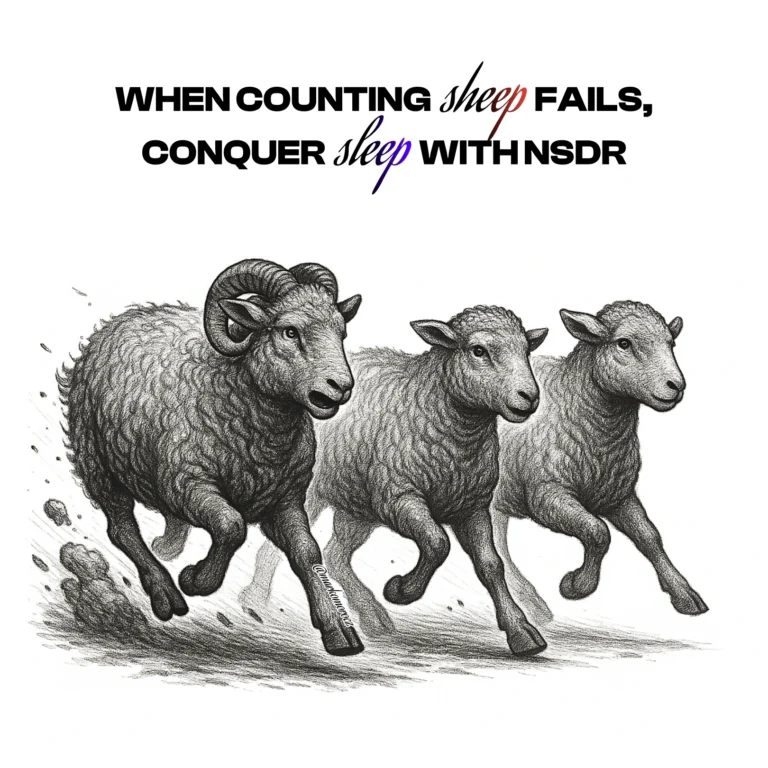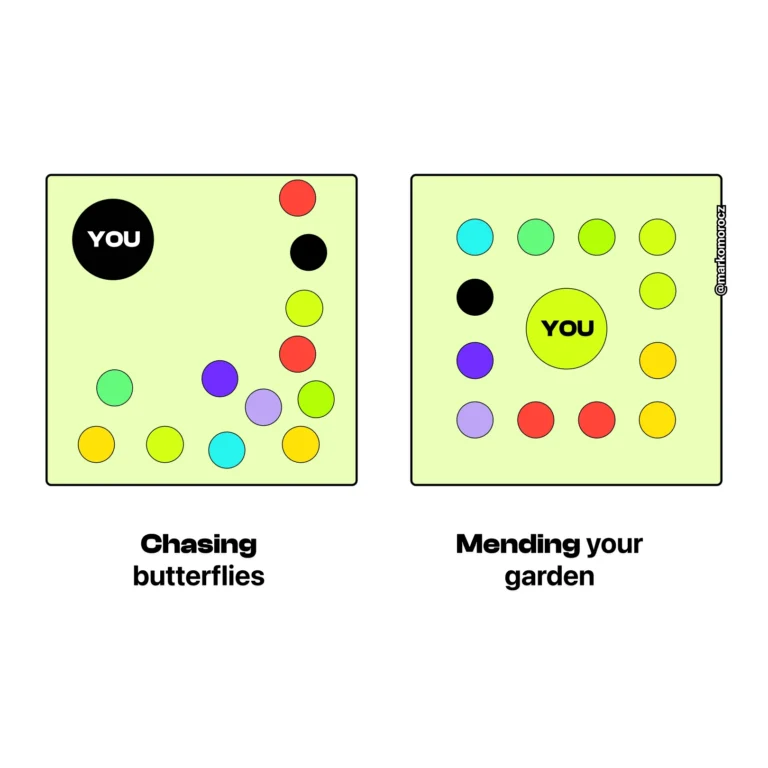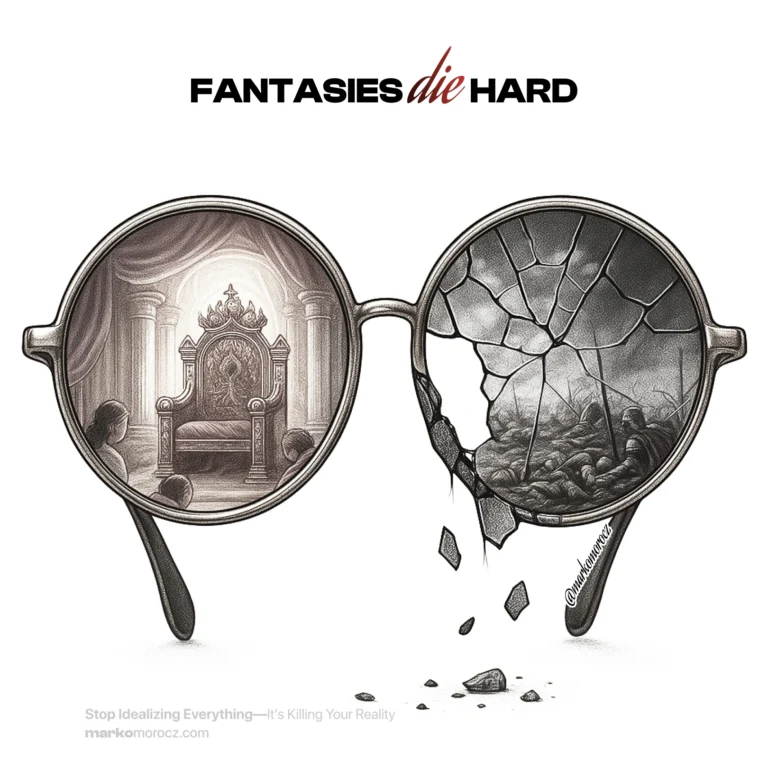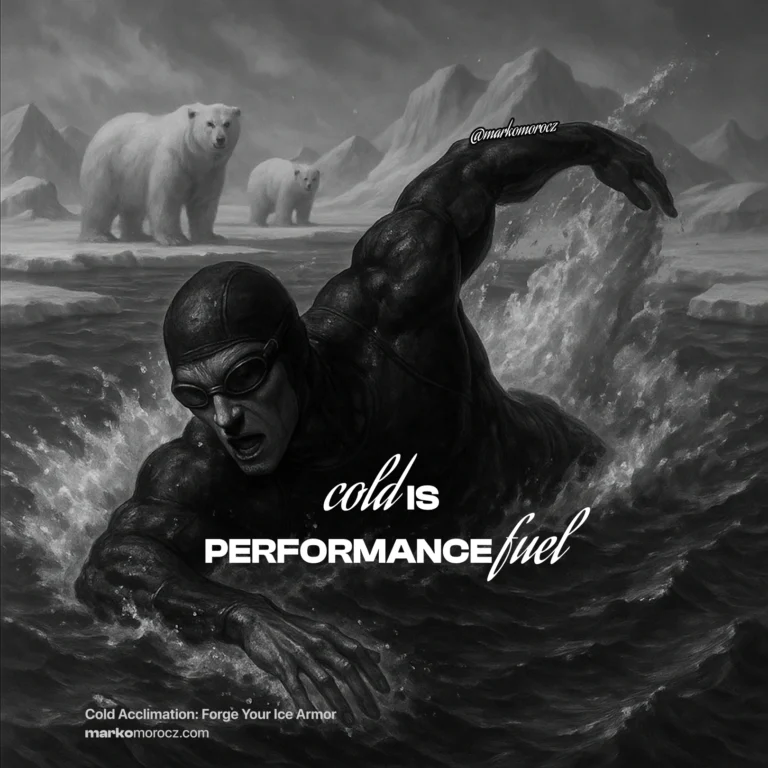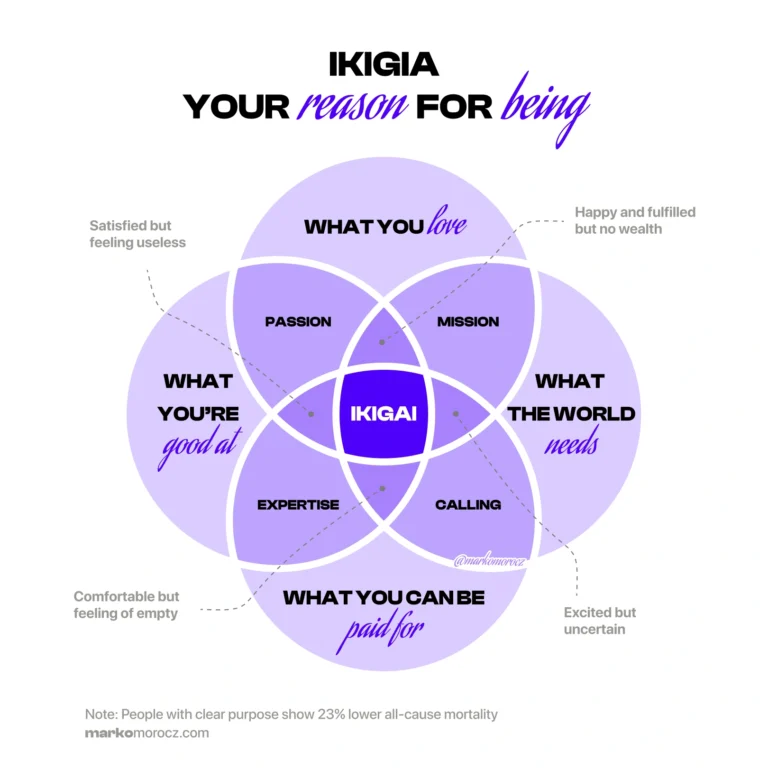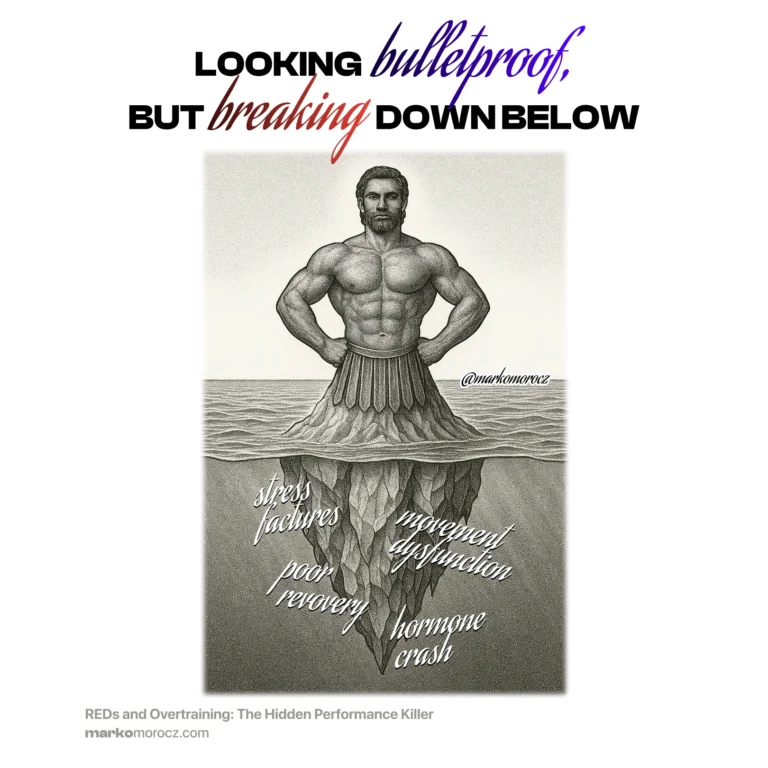You’re Living Like A King—So Why Are You Miserable?
You have more luxury than every emperor, king, and ruler in history combined.
Hot water at the turn of a knob. Endless entertainment at your fingertips. Food from across the world delivered to your door. Medicines that would seem like magic 100 years ago.
Yet you’re miserable.
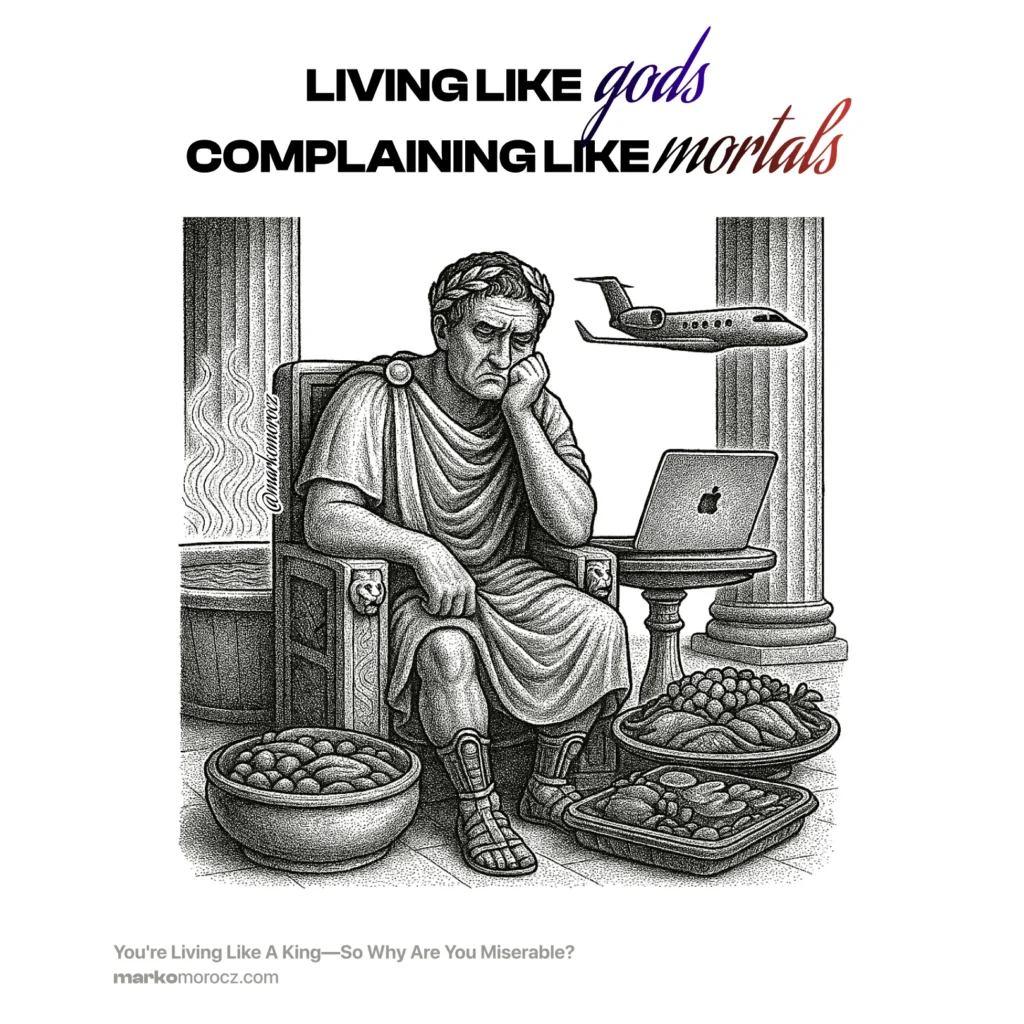
The Forgotten Luxury Around You
Here’s a simple exercise:
Stand in your hot shower this evening. Feel that water cascading down. Now realize this: No one you admire from 100 years ago ever experienced this simple pleasure.
Not Lincoln. Not Edison. Not even Rockefeller.
They were giants who changed the world. And they never knew the luxury of a hot shower on demand.
Yet for you? It’s Tuesday. Nothing special.
This isn’t just about showers.
Your smartphone has more computing power than what sent astronauts to the moon. Your refrigerator keeps food fresh longer than kings could manage. Your medicine cabinet contains cures that would have saved millions.
You’re living with magical powers that the world’s richest couldn’t access just decades ago.
The Objective/Subjective Paradox
Life has never been objectively better and subjectively worse.
The numbers don’t lie:
- Child mortality? Down 90% in the last century.1
- Extreme poverty? Cut by more than half since 1990.2
- Access to information? Essentially infinite compared to any previous era.
- Caloric security? In developed nations, obesity now outpaces starvation.3
We are the top 1% of humans who have ever lived in terms of material comfort, health, and opportunity.
Yet depression, anxiety, and dissatisfaction are at record highs.4
The Happiness Equation
It’s simple math:
Happiness = Quality of Life – Envy
Your quality of life has never been higher. But your envy? It’s through the roof.
Social media is an envy-generating machine. Your phone is a comparison portal. Your news feed is a highlight reel of achievements you haven’t matched.
Everyone else looks happier, wealthier, more successful.
They’re not. But perception becomes reality, and your reality becomes misery.
The Mimetic Desire Trap
Your desires aren’t even yours. They’re copied.
You want things because others want them. You chase goals because others chase them.
It’s mimetic desire—the tendency to want what others want simply because they want it.
The latest phone? You survived fine without it until the new one dropped. The bigger house? Your current one was perfect until you saw your colleague’s. The luxury car? Your reliable sedan was doing the job until that ad hit you.
Your ancestors worried about survival. You worry about status symbols.
They fought for food. You fight for followers.
The 80/20 of Appreciation
Reclaiming gratitude isn’t some fluffy self-help concept. It’s mental warfare against your ungrateful default state.
Here’s how to fight back:
- The History Hack: Compare yourself not to your peers but to history. Would Cleopatra trade places with you? In a heartbeat.
- The Experience Audit: For each modern convenience, ask: “When did humans first get this?” Hot running water? Vaccines? Antibiotics? Refrigeration? The answers will shock you.
- The Gratitude Trigger: Link appreciation to daily activities:
- Hot shower = “No emperor had this”
- Medicine cabinet = “This would save millions in 1900”
- Full fridge = “This is more food security than kings had”
- The Envy Circuit-Breaker: When comparison hits, ask: “Is this actually improving my life or just making me feel inadequate?”
The Attention Economy Conspiracy
There’s a reason you’re not appreciating your kingly existence.
Companies profit from your discontent.
Happy, satisfied people don’t buy as much stuff. Content people don’t need the latest upgrade. Grateful people aren’t as easy to manipulate.
Your attention is being hijacked and redirected toward what you lack rather than what you have.
It’s not an accident. It’s a business model. It’s profit.
The Next-Level Game
Want true wealth? It’s not about having more. It’s about wanting less.
The most satisfied people I know aren’t the ones with the most. They’re the ones who’ve mastered appreciation for what they already have.
They’ve broken the spell of comparison. They’ve escaped the treadmill of acquisition. They’ve reclaimed their attention from the merchants of discontent.
This isn’t about settling for less. It’s about recognizing the absurd abundance you already have.
Your King-Sized Life
The next time you:
- Turn on a light switch
- Take a hot shower
- Open your refrigerator
- Swallow an antibiotic
- Connect to the internet
Remember: You possess luxuries beyond the wildest dreams of history’s most powerful figures.
Your baseline is their utopia.
Your normal is their impossible.
Your Tuesday is their heaven.
Live like the king you are. Your hot water awaits.
References
- Our World in Data. (2023). “Child and Infant Mortality.” Retrieved from https://ourworldindata.org/child-mortality The chances that a newborn survives childhood have increased from 50% to 96% globally Child and Infant Mortality – Our World in Data and from 1915 through 1997, the infant mortality rate declined greater than 90% to 7.2 per 1000 live births ↩︎
- World Bank. (2018). “Decline of Global Extreme Poverty Continues but Has Slowed.” Retrieved from https://www.worldbank.org/en/news/press-release/2018/09/19/decline-of-global-extreme-poverty-continues-but-has-slowed-world-bank ↩︎
- Our World in Data. (2017). “Obesity.” Retrieved from https://ourworldindata.org/obesity In many high-income countries such as the United States, it’s estimated that over 60% of adults are overweight or obese. In contrast, across South Asia and Sub-Saharan Africa, it’s estimated that around one in five adults are overweight or obese ↩︎
- World Health Organization. (2022). “COVID-19 pandemic triggers 25% increase in prevalence of anxiety and depression worldwide.” Retrieved from https://www.who.int/news/item/02-03-2022-covid-19-pandemic-triggers-25-increase-in-prevalence-of-anxiety-and-depression-worldwide ↩︎
